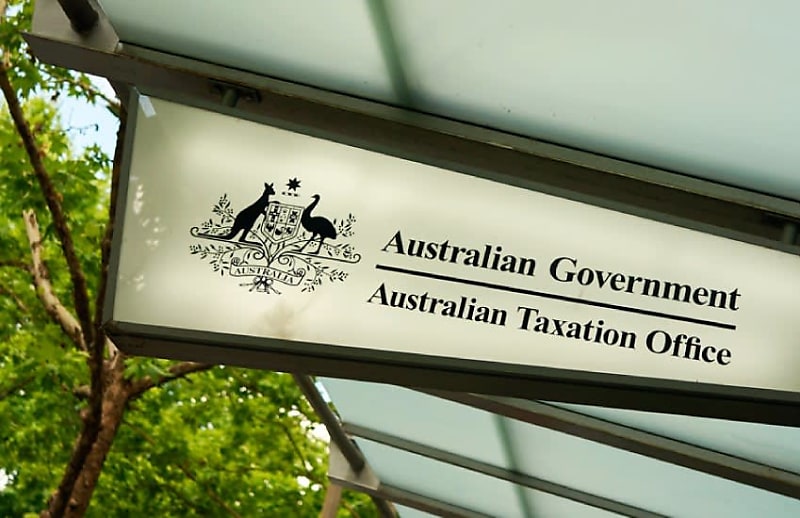The ATO is calling on workers to check if they are missing superannuation savings after the latest data showed it was holding $17.8 billion in lost and unclaimed funds.
The billions in lost and unclaimed super is spread across 7.1 million accounts and has grown by around $2 billion since last year and $4 billion since 2021.
You’re out of free articles for this month
ATO deputy commissioner Emma Rosenzweig urged Australians to check if they were owed a portion of the $17.8 billion pool.
“If you’ve changed jobs, moved house or simply forgotten to update your details, you may have lost or unclaimed super,” she said.
“We’re urging Australians to check if some of the $17.8 billion in lost and unclaimed super belongs to them.”
Lost super occurs when members have lost contact with their fund or the member’s account has been inactive for some time.
By law, the fund is required to transfer certain accounts to the ATO, which then becomes unclaimed super.
The ATO said it had reunited almost $6.4 billion of unclaimed super with its owners since 2021.
Rosenzweig said there was still $471 million held on behalf of people aged 65 and over, which could form part of their retirement savings.
“Even if you’ve retired you could have lost or unclaimed super,” she said.
“Superannuation is a key part of your retirement, and we want to make sure Australians are claiming the investment they’ve worked for.”
The ATO said its “5-step Super Health Check” could help individuals reclaim their lost funds.
The process includes confirming contact details, checking super balances and employer contributions, searching for lost and unclaimed super, considering the consolidation of multiple accounts, and confirming nominated beneficiaries.
The ATO's efforts to reunite workers with lost super comes after Commissioner Rob Heferen signalled a tougher stance on unpaid employee entitlements last week.
“Unpaid tax and super contradicts a fair tax system,” he said in a speech at the Tax Institute’s annual summit.
“You can expect that we will be firmer and faster in dealing with unpaid GST, PAYGW and super.”
“We have also tightened up on payment plans and general interest charge remissions, and will be looking closely at lodgment deferrals and penalty remissions, to reinforce the level playing field.”
The ATO said it would contacting to employers showing signs of non-compliance with PAYGW, super guarantee, and in some cases, FBT obligations.
For employers who have fallen behind, the ATO said it would initiate contact to advise of outstanding obligations and offer an opportunity to correct any issues.
However, in cases of ongoing non-compliance or unresponsiveness to previous interventions, it would escalate the matter and conduct reviews or audits.

 Login
Login







